When it comes to ashtanga yoga poses, people talk about the choreography of the breath, the aerobic of yoga where you can go beyond the normal level and reach out to the magnificent.
In the article, we’d like to introduce everything about the special Hindu discipline! From its origin to the detail of the ashtanga yoga primary series, we’ve got your back. Namaste and start with us!
About Ashtanga Yoga
It is a style of traditional Indian yoga, which is well-known by Pattabhi Jois.
Ashtanga (aash·taang·guh) is formed from Ashta (mean: eight) and Anga (mean: limbs). Together it is eight limbs, and they are:
5. Pratyahara (withdrawal of the senses)
8. Samadhi (absorption)As you may see, the ashtanga primary series is the 3rd limb (asana – yoga postures).
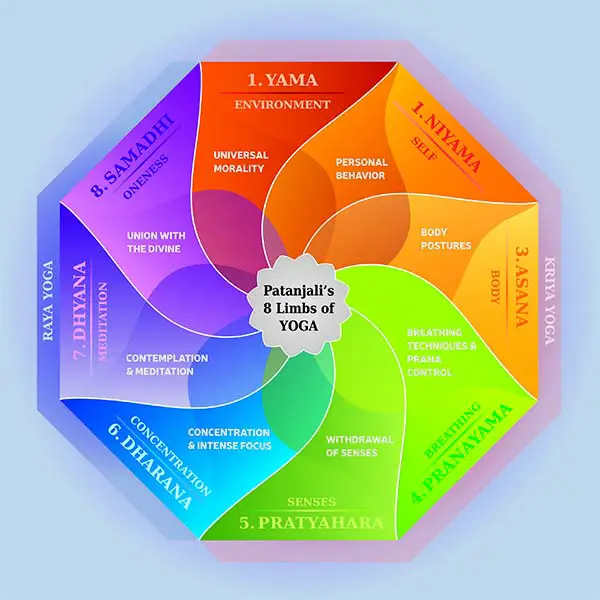
Main Principles For Ashtanga Yoga Poses
The science of this practice system is to support practitioners to pay attention to three elements. They are also known as the tristhana concept, which inspires yogis to concentrate on the deep internal to control the body and mind becoming healthier and steadier.
These main entities are integrated into the ashtanga yoga sequence. And the names of them are breath (ujjayi), poses (asana) and energy (bandhas), and gaze (Drishti).
Pranayama
Pranayama is a basic practice. Throughout the breathing method – ujjayi breath, the first element is activated. It helps rouse the exerciser’s life force by upgrading oxygen levels and the heat for the body.
Asana
The second element is asana. Talking about asanas, we think of seated, standing poses, and the energy locks. All the postures must be carried out to activate the energy locks at three positions: the practitioner’s spine, abdominal cavity, and throat lock.
Dharana
Dharana is about focus and where you should concentrate your gaze when practicing. The principle aims to bring peace to your mind, enhance your concentration level, and awaken awareness while you practice breathing and start moving your body.
Ashtanga Yoga Poses
Ashtanga Levels
It has six levels which are six series. And they are:
- Primary Series (Level 1)
- Intermediate Series (Level 2)
- Advanced Series (Level 3 (A), 4 (B), 5(C), 6(D)).
All mentioned series start with Sun Salutations. After that is the standing sequence, and they end with a similar finishing sequence. The differences lie in the middle sequence. Specifically, it is the focusing and asanas creating the features of each section!
Once you fully control each level, you can move to the next series. You can not skip it! The first one of the ashtanga primary series is covered right below!
Primary Series
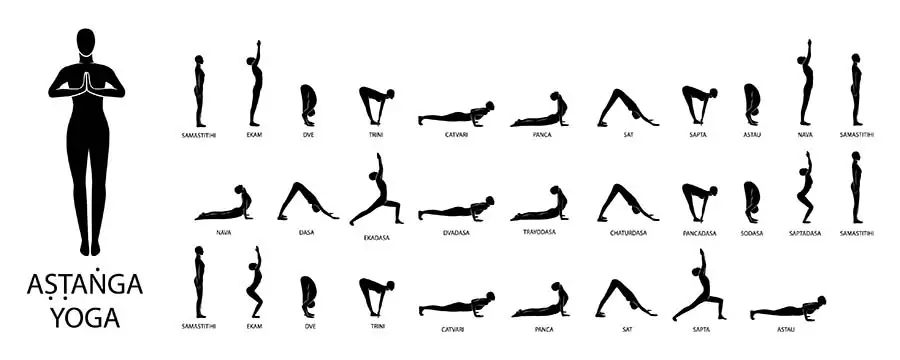
The series is also called Yoga Chikitsa, which means yoga therapy. Why? Because it can purify and recover the exerciser’s mind and body!
Physically, the series helps to enhance the strength of the whole body. At the same time, it loosens the intense muscles and detoxes all the parts in you, including the nervous system! The order sequences of the series are the forward bends, then twists, and the hip openers.
Mentally, when yoga therapy integrates into your habits, you can be more focused, flexible, and confident.
Standing Poses
Samasthiti and Surya Namaskara
You start by standing still! After that, you go to a sequence of 10 Sun salutation yoga poses. Those moves will warm up your body!
Padangusthasana and Pada hastasana
Then you go to Thumb and Hand-to-foot posture to strengthen your calves, feet, and thighs and improve the stretch and strength of your legs.
Utthita Trikonasana
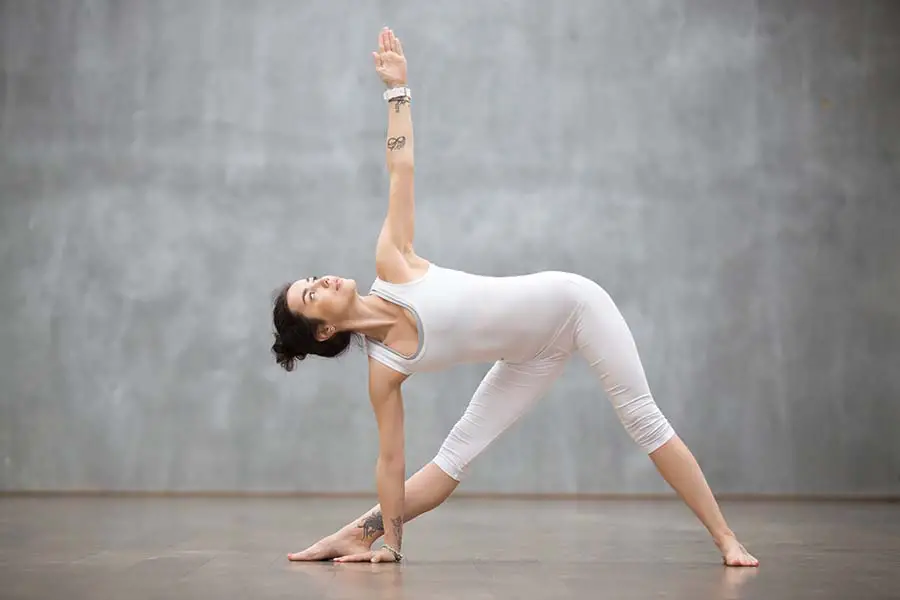
The next move is an extended triangle. It can help you reduce stress!
Parivrtta Trikonasana
Next, you continue with Parivrtta Trikonasana. The pose is Revolved Triangle. Therefore, it can enhance the stability and flexibility of your back!
Utthita Parsvakonasana
Following is Utthita Parsvakonasana, which is extending on the side pose. It stimulates the organs at the belly section.
Parivrtta Parsvakonasana
After that is Parivrtta Parsvakonasana. The amazing effect is relieving constipation because the whole body is stretched out!
Prasarita Padottanasana
Then comes Prasarita Padottanasana, which can reduce the mild back aches symptom.
Parsvottanasana
The Parsvottanasana pose can calm your mind.
Extended triangle
Hand-to-big-toe is the next pose. It balances your body and standing postures.
Half bound lotus
Half bound lotus supports your concentration.
Utkatasana
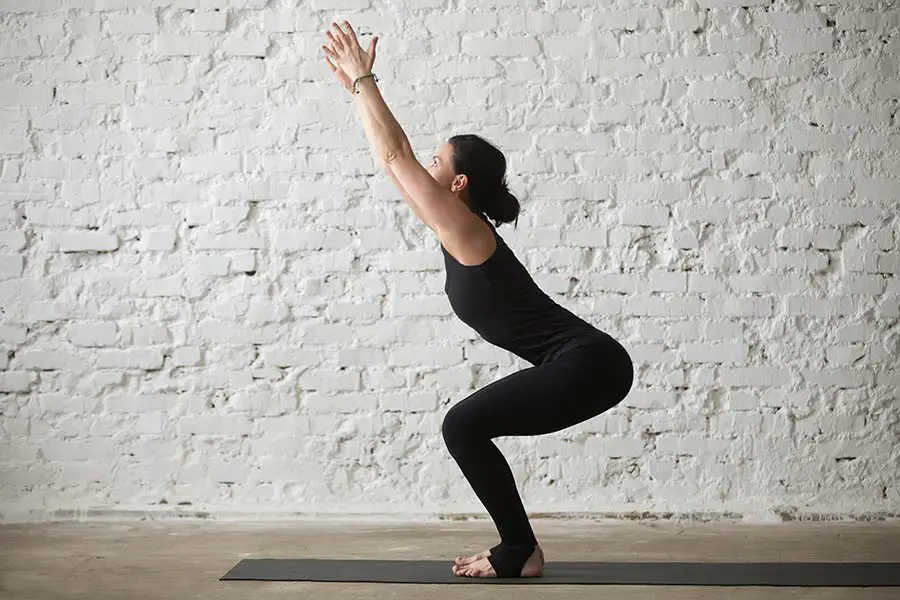
Next is the Utkatasana, which tones the muscle of the body. Not only hand muscle but also abdomen, back, and muscle around the hip area can benefit from this pose!
Virabhadrasana
The last part of the standing section is Virabhadrasana. It powers the energy for you by stimulating good circulation.
Sitting Poses
Spine Pose
The posture is to strengthen the spine. And after the long exercises, your natural posture has also improved and your body is healthier.
Stretching Pose
Next are stretching moves which include West-Back and East-Front. The purpose is to lower your anxiety. Not stopping at that, the pose also becomes an excellent method contributing to weight loss.
Stretching can also eliminate the cramps and make the muscles stronger.
Forward Pose
The half-bound lotus posture can enhance the flexibility of the shoulder, knee, and hip joints. The spinal nerves are also more active because the blood circulation is stimulated.
Back Forward Stretch
The posture is famous for relieving the mind from pressure and tension.
Janu Shirshasana
The more you practice the pose, the better the mild depression goes away. Besides, it also eases the pain of the waist and the area around legs by the long stretch posture.
Marichi Pose
It supports the function of liver organs and even the kidneys. Adding the pose to your daily activities can relieve fatigue after a long work day.
Boat Pose
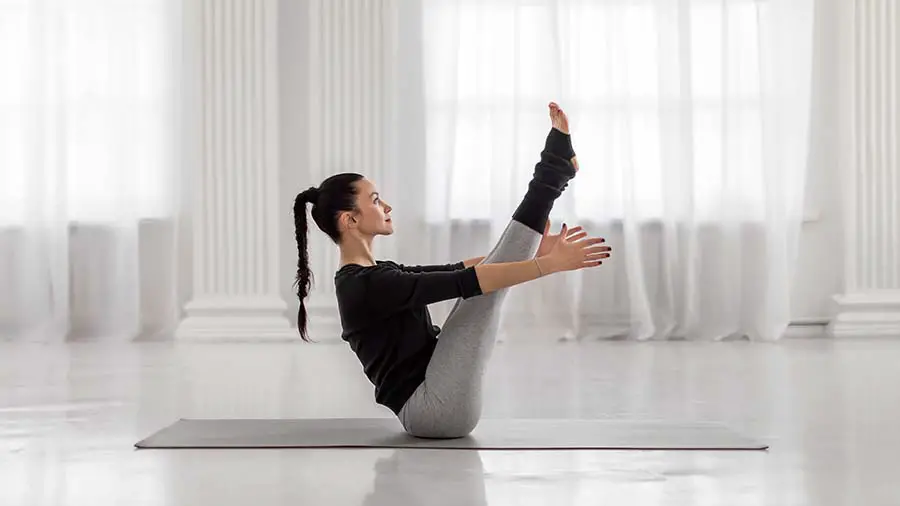
The pose plays as a stress buster. Moreover, it also will enhance your concentration.
Bhujangasana
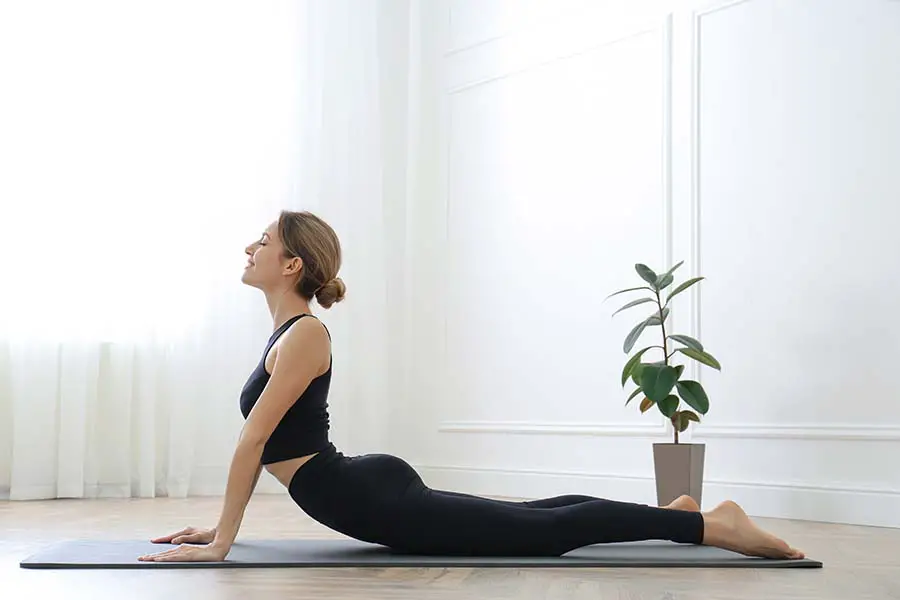
The pose builds up the muscle in your arms and the area around them. Your balance ability is also improved. The joints at the hip are more flexible.
Tortoise Pose
The posture is a back disorder cure because it can release the tension from the head to neck and shoulders.
Sleeping Pose
Next in the series is supta kurmasana. In English, it is a turtle pose that toughens the lower muscle area and helps reduce the fat around the belly.
Womb Pose
Garbha Pindasana – a womb pose can bolster the spine muscles. Besides, it purifies and strengthens the liver and spleen. Uterus health is also enhanced.
Roster
The pose can make the muscles around the arms, wrists, and elbows toned. Abdominal muscles are also strengthened.
Bound Angle
The posture supports the inner thighs section by improving its flexibility. Another crucial function of the pose is it can ease menstrual discomfort. This practice seems to be an easily approachable method on discomfort days of women.
Seated Angle
The seated angle helps the mind become peaceful. The pose can also ease the pain for people who suffer from diseases like sciatica or arthritis.
Sleeping Angle
Sleeping angle has a lot of effects. However, stimulating the whole body is one of the worth mentioning uses! From the abdominal organs to the heart, all are activated.
Sleeping Thumb To Foot/Supta Padangusthasana
The pose has an Indian name as Supta Padangusthasana, It strengthens the knees, and pain in the back can be relieved as well.
Ubhaya Padangusthasana
The pose provides energy and refreshes the whole body.
Upward Facing Stretch
The stretch can lengthen the legs. And it is a method to increase appetite and doubles as an obesity prevention remedy.
Bridge Construction
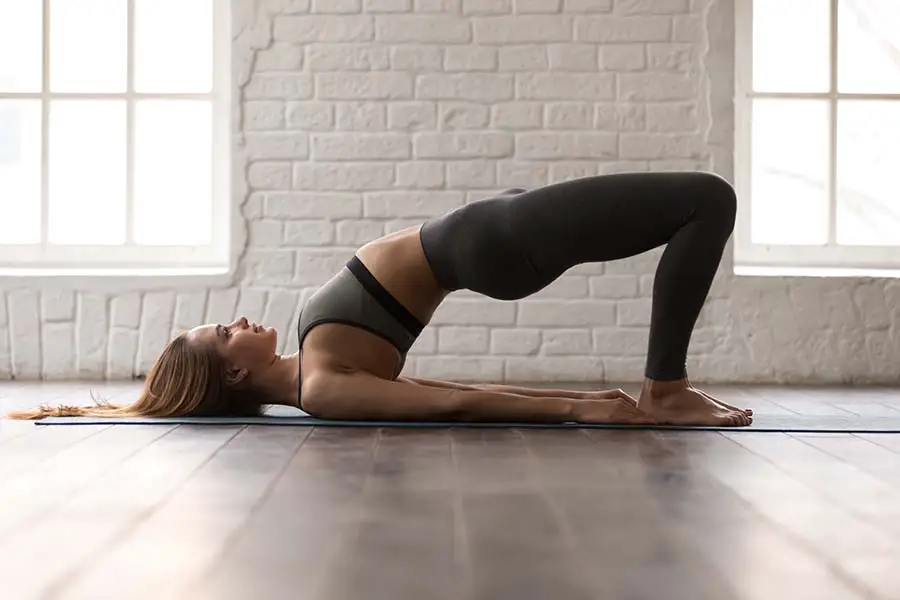
It can relieve the tired back immediately. Besides, the back muscles area can also be stronger.
Bow
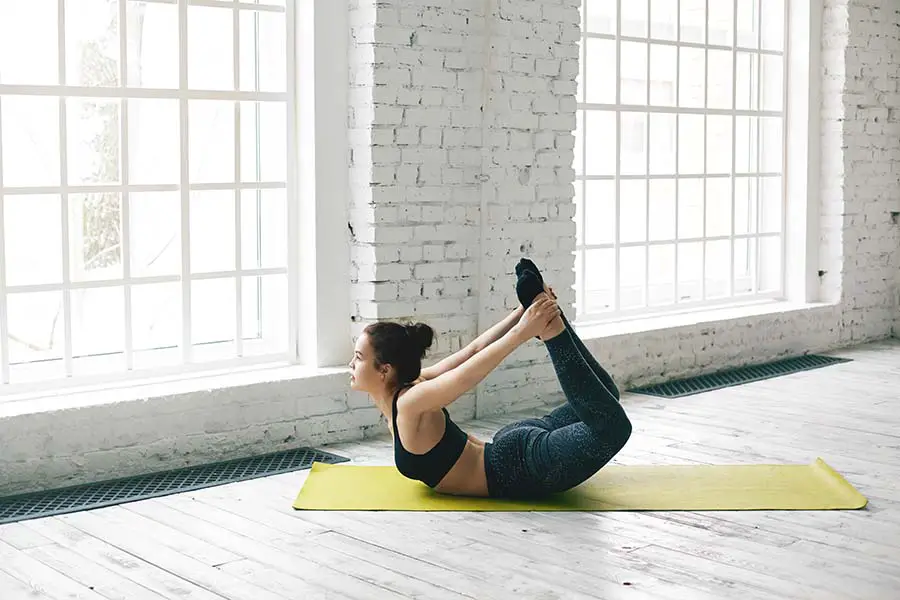
The bow pose has the main effects on lung function. Your chest will be more open, and it works better. All the parts around the back can be built up by muscle toning.
Extended Intense
The pose can alleviate the long fatigue. It is a weight loss supporter, too, because it aids in burning extra fat.
Finishing poses
This finishing posture is considered the hardest move in the ashtanga primary series.
Salamba Sarvangasana
The pose is able to calm your brain and the body. It pushes blood circulation. Simultaneously, it exercises the focus degree!
Halasana
It is a relief for neck tiredness, backache, and shoulder tension. The muscles around these positions and legs also get toned a lot.
Karnapidasana
The posture increases the backbone strength. In addition, it assists asthma patients by supporting lung strength! Women at menopause can benefit from the pose too. Exercise the pose regularly, the symptoms will reduce.
Urdhva Padmasana
The pose aims to improve the memory and balance of the body.
Pindasana
It can relax the lumbar spine, increase abdominal muscle, and boost digestion.
Matsyasana
If you practice this posture, you will enhance the functions of the abdominal area and throat. It also makes the upper back and the back area stronger.
Uttana Padasana
The stretch stimulates blood circulation and betters the power of nerves.
Shirshasana
It circulated the blood to all the parts of the body. From that, you can feel the focus and relaxation.
Baddha Padmasana
Usually exercise the pose, and your legs will be more flexible. The pose also contributes to the spine posture improvement.
The Last 3 Poses
Here are the last three ashtanga primary series poses. You will end with Savasana at closing postures.
Yoga Mudra
The pose stimulates endorphins. Therefore, it eases the pain and relaxes all of your body, from the mind to all the physical parts.
Padmasana
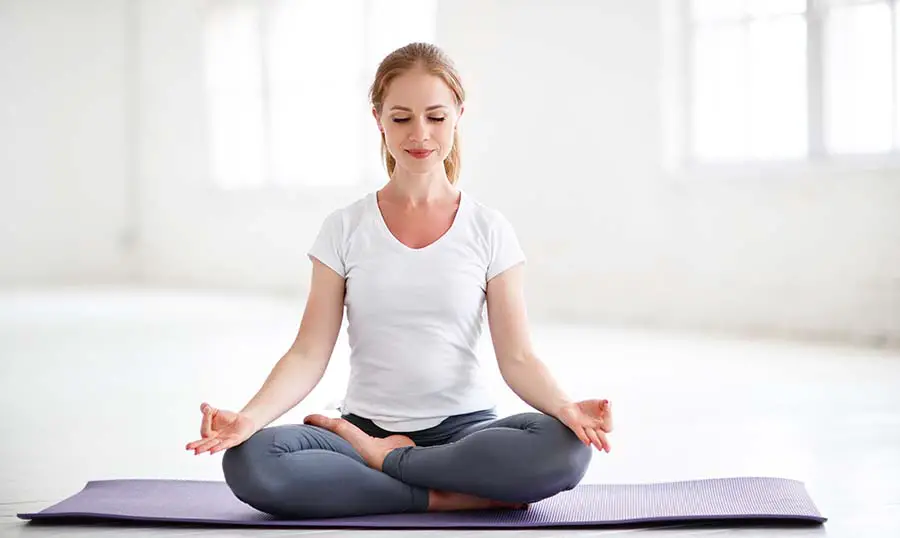
It benefits your posture, calms your mind, and enhances your awareness. Moreover, for people who have menstrual discomfort symptoms, it will help to reduce tiredness too.
Tolasana
The pose will reinforce your whole body muscle.
Shavasana
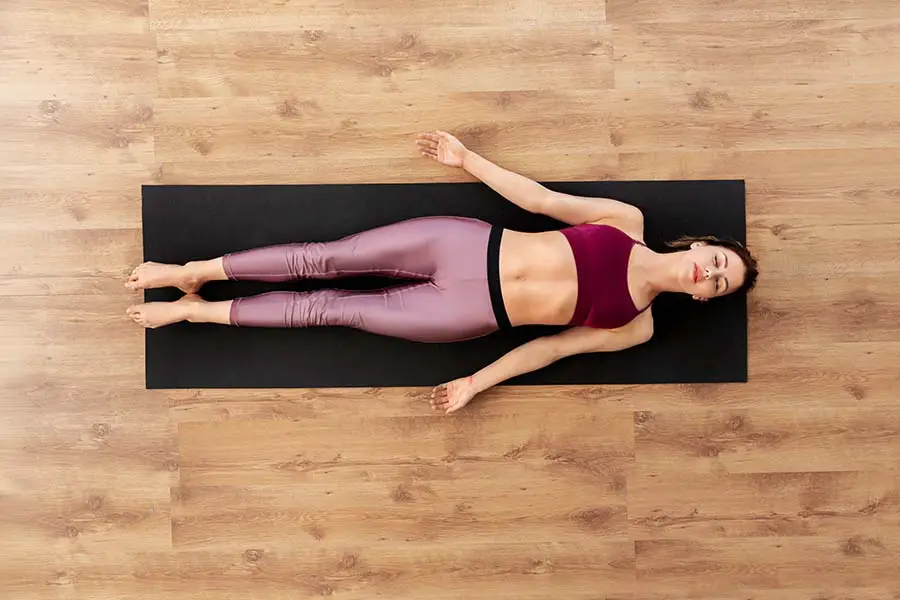
The nature of Shavasana is meditation because it enhances your focus on the body and the breath. As a result, it diminishes the tension and calms all your nerves!
Tips and tricks For Ashtanga Yoga
Yoga is demanding for practitioners. Not only about the knowledge, but the strict orders are also somewhat intense. However, below are some “shortcuts” to make the pie more edible for beginners!
The Pace
Don’t be pressured about the speed. The traditional posture is not easy, especially for beginners.
You should begin by comprehending each move and be familiar with the spirit and principle first before jumping to take a full session in one sip.
Practice
The ashtanga primary series poses require massive learning and a huge amount of time exercising if you want to master every posture.
Beyond memorizing it, yogis also need to practice all the moves accurately. Where should you place your hands, feet, etc., when you start breathing? or even does your body have any negative reactions?
Details need time to be perfect. All the positions must be on point. Otherwise, the body posture and your health can not improve, and injury can happen.
Focusing
If you are at the training center and feel completely incompetent, other experienced yogis always go ahead. Well, don’t let the mood ruin your spirit!
Concentrating on your breath and your mind. Let your peace of mind lead you to adjust your move naturally! As long as you breathe precisely, your posture will be better later on. Take baby steps on learning the Hindu discipline. Your skills will be honed day by day!
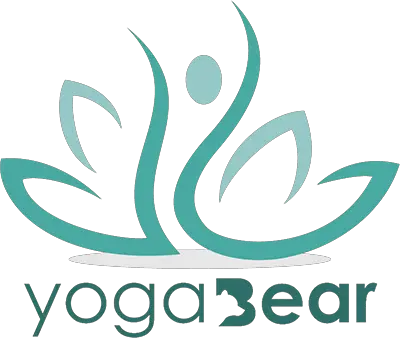
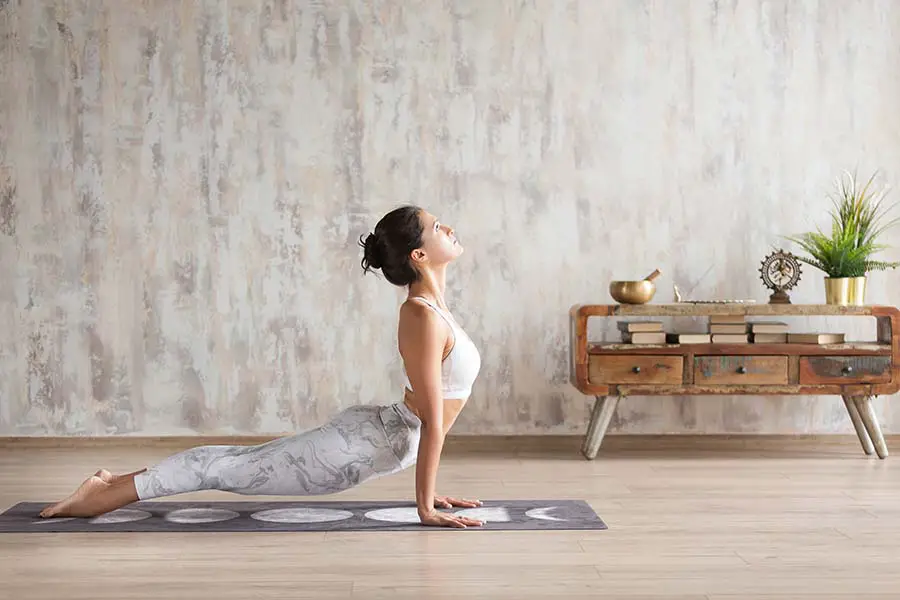
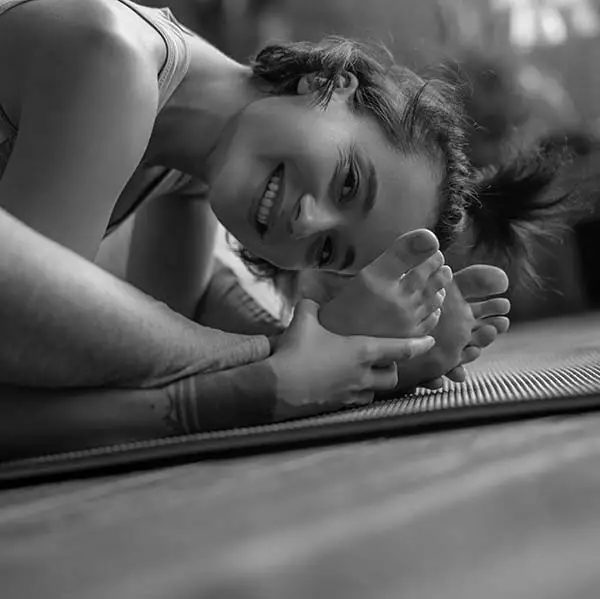
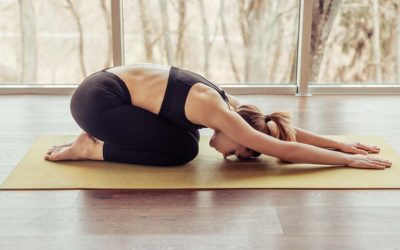
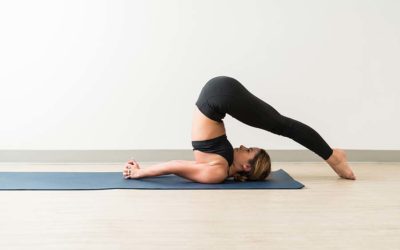
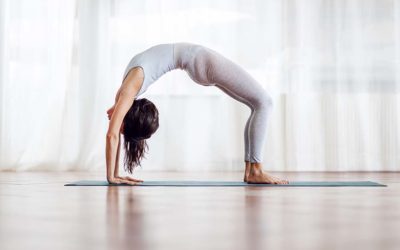
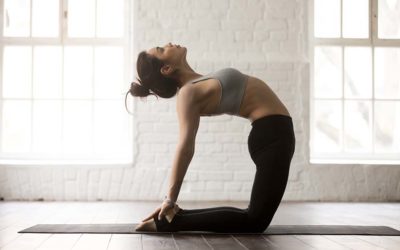
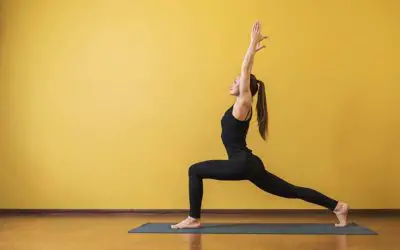
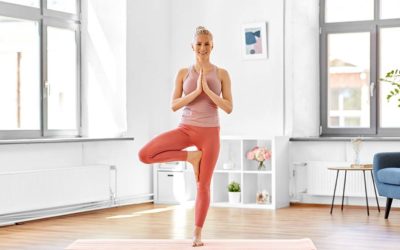
0 Comments